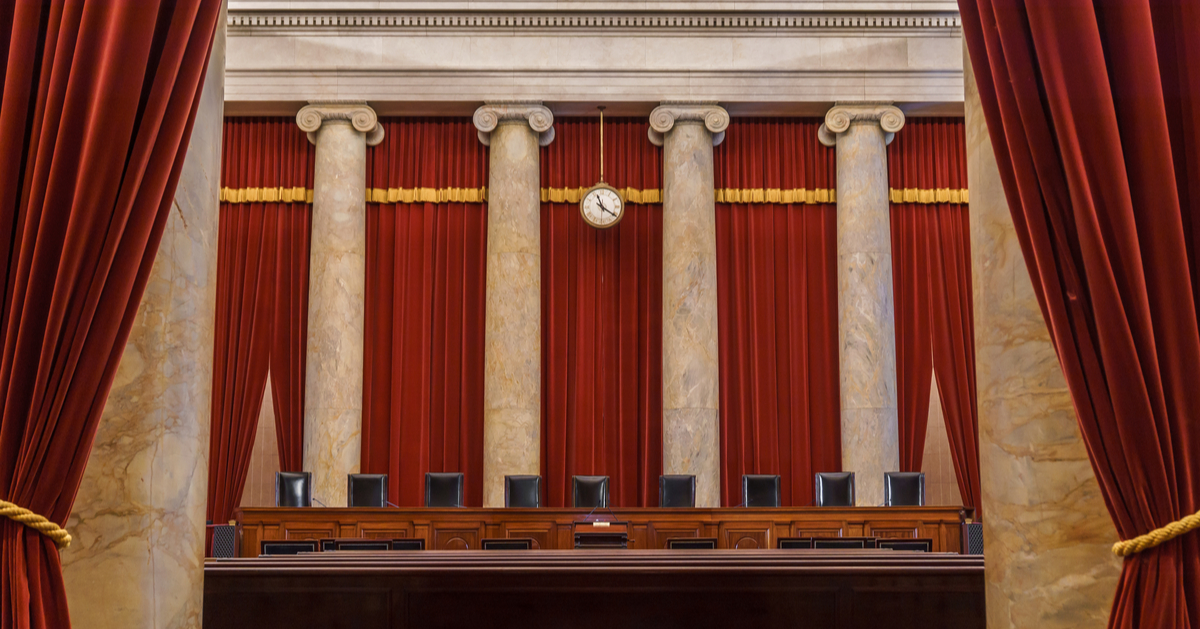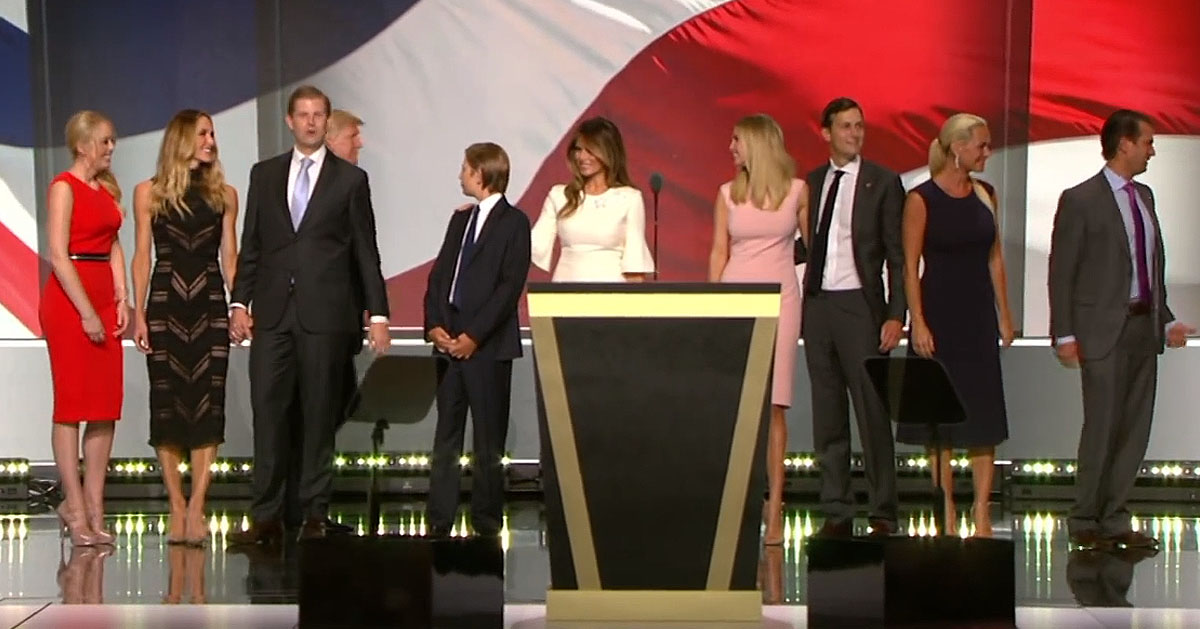Supreme Court rules against Texas in nuclear waste storage case
In 2021, the Nuclear Regulatory Commission (NRC) issued a license which allowed a private company to store nuclear waste in West Texas for 40 years.
While the state of Texas challenged that move, the Supreme Court has just ruled against it in a six to three decision.
Case concerns standing to challenge NRC licensing matters under federal law
According to The Hill, the case hinged on provisions of the Hobbs Act, which governs which entities are entitled to seek judicial review of NRC licensing matters.
Texas and a private company known as Fasken Land and Minerals objected to the NRC's granting of a nuclear waste storage license to another private company called Interim Storage Partners (ISP).
While the 5th Circuit ruled in favor of Texas and Fasken Land and Minerals, America's highest judicial body reversed that holding on Wednesday.
"Under the Hobbs Act, only an aggrieved ‘party’ may obtain judicial review of a Commission licensing decision," Justice Brett Kavanaugh wrote in the court's majority opinion.
Case did not touch on underlying issues
"Texas and Fasken are not license applicants, and they did not successfully intervene in the licensing proceeding. So neither was a party eligible to obtain judicial review," the justice asserted.
Supreme Court rejects Texas’s bid to ax nuclear waste storage site https://t.co/PD7BxEbWVi
— The Hill (@thehill) June 18, 2025
The Hill pointed out how in rendering its opinion, the Supreme Court only looked at whether or not Texas and Fasken Land and Minerals had standing to sue and did not consider the underlying issues concerning ISP's nuclear waste storage license.
The Hill also reported that Wednesday's decision was objected to by Justices Neil Gorsuch, Clarence Thomas and Samuel Alito, with Gorsuch authoring a dissent.
Gorsuch: Texas and private company "are entitled to their day in court"
"Radioactive waste poses risks to the State, its citizens, its lands, air, and waters, and it poses dangers as well to a neighbor and its employees," Gorsuch wrote.
"But, the Court insists, the agency never admitted Texas or Fasken as 'parties' in a hearing it held before issuing ISP’s license—and that’s the rub," he argued.
"Both Texas and Fasken participated actively in other aspects of the NRC’s licensing proceeding," the Trump-appointed justice pointed out.
"No more is required for them to qualify as 'parties aggrieved' by the NRC’s licensing decision. Both are entitled to their day in court — and both are entitled to prevail," he went on to add.






